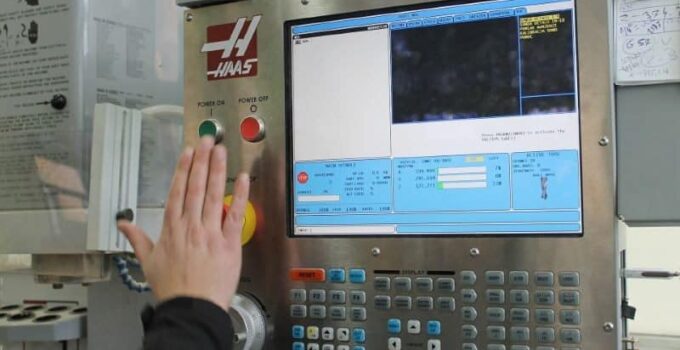If you take a look at most manufacturing processes we have today, there aren’t so many industries that require someone to be more careful and precise than CNC machining. Computer Numerical Control or as it is commonly referred to as CNC tech is a system of converting raw materials such as lumber, plastics, and alloys, into 3D components and items.
It is an important process in most productions including construction, mass-production, aerospace, transit, and so on. If you started considering pursuing a career as a CNC operator, you must know that there are some skills that you have to master in order to operate in this industry, and those skills are exactly what we’ll talk about today. Let’s take a closer look:
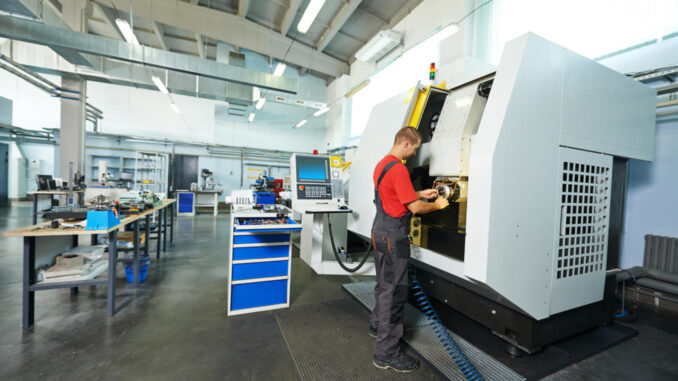
Source:lincolntech.edu
1. People Must Understand And Know A Lot About Technology
There is a reason why the word “computer” is a part of CNC. All devices utilize computer programming and automation to complete various processes and people operating with these machines need to be accountable and knowledgeable in order to utilize and manage the devices.
This is why most students must be ready for studying and understanding different diagrams, drawings, and CAD layouts. Why do you have to learn to read these layouts? Well, they act as guides for completing most projects, and without them, you probably won’t succeed.
2. You Must Catch All of The Small Details
CNC processes require all individuals to be precise, especially since if someone does not pay attention to all the details (big and small), it could result in a really expensive mistake. This is why you need to have an eye for detail, mostly because it will help you finish the manufacturing process without making some serious damages to the company.
Hence, in order for you to properly read files, set all the tools up, monitor the speed and feed of the devices, test and examine finished components, and make the necessary changes, you’ll need to ensure that you do everything carefully, precisely, and efficiently. While training, you’ll be made aware of these “little” things, so, ensure that you work on them.
3. You Must Be Prepared For Manual Labor
Yes, one of the biggest parts of CNC processes is setting up and maintaining all the programs and computerized tools, however, it will also require the individuals to work with their hands. What does this mean for students? Basically, you’ll need to be prepared to work with your hands as well.
For instance, you might need to set up tools, measure the materials, and complete goods, and there is a lot of drilling, forming, milling, and grinding that will need manual power. If you are interested in learning more about these devices and what you could use them for, click here for more information.
4. You’ll Work in a Factory Environment
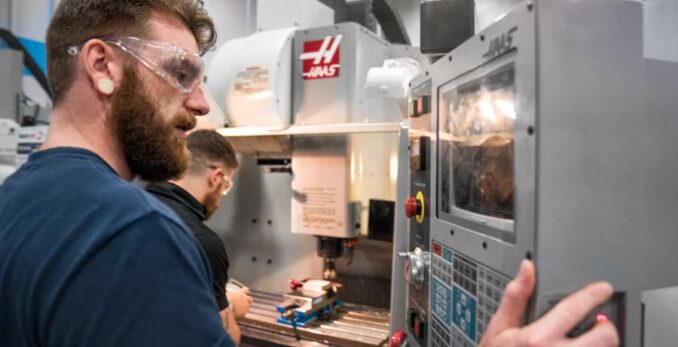
Source:uti.edu
If you think that you’ll be working in a quiet space, you are out of luck. CNC machinists most commonly operate in different manufacturing plants, factory environments, and shops, which means that you’ll probably spend most of your time at work on your feet.
However, it does not stop there. You’ll also need to learn how to deal with other, loud engines, fumes that might form from the materials, and, do not forget about flying metal components. Hence, if you are thinking about this career, consider if working in such an environment is suitable for you.
5. You Must Learn Everything About The Substances And Tools
One of the most difficult things for most people is the fact that they must learn everything there is about all the materials and tools they can use. And, when you consider that there are thousands of different types of inserts for any tool, it gets even more difficult for individuals.
This is why it takes people several years to master the entire process. However, there are various Speeds and Feeds calculators, which means that you can efficiently and properly learn everything you need without losing too much time on endlessly searching for the data you need.
6. Customized Projects Will Require Specific Programming
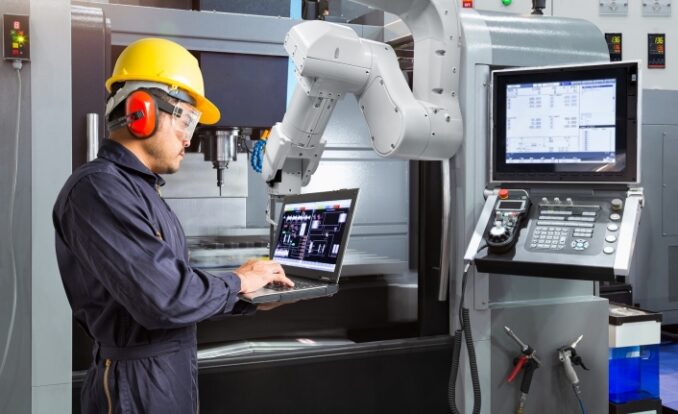
Source:allaboutcncs.com
When you start working as a CNC operator, your boss might ask you to complete a customized project, and if so, you’ll need to know how to complete it. This implies that you’ll need to know everything the device does, and you’ll also need to learn how to generate a specific program on the screen that will basically tell the machine what to do.
This type of project will need a lot of training and experience to complete and it might be difficult for someone who has been working for several months to complete it. Programming CNC machines will probably be the most difficult part of learning, which leads us to our next point…
7. You Must Comprehend The Language And Codes
Similar to any other tech job out there, there is also a unique language when it comes to CNC machines. There are various numbers, symbols, and letters that symbolize various tasks, and in order for you to use them for programming the machines, you’ll need to learn what they stand for, especially since they’ll give commands to the machine you are working with.
When working on a custom project, you’ll also need to write the code in a way that will change or transform some of the commands in order to fit your projects. Keep in mind, a CNC machine is never on total auto-pilot mode, although most of the operations and processes might look like that already.
Conclusion
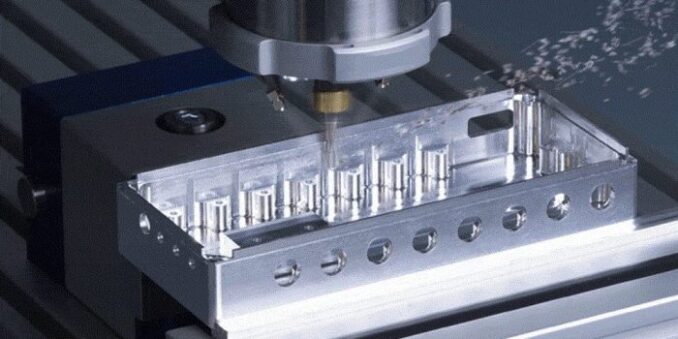
Source:cymanufacturing.com
CNC machines are extremely complex and daunting, and in order for someone to operate them professionally and properly, they’ll need to go through rigorous training that will allow them to become technologically-savvy, focused on all the details, as well as ready for working with their hands.
So, now that you know why CNC machining is so difficult to learn – and what is required from people who are thinking about this career – you might not want to lose any more time. Instead, open up your browser and do more digging on all the skills you might need to learn in order to become a CNC machinist.


